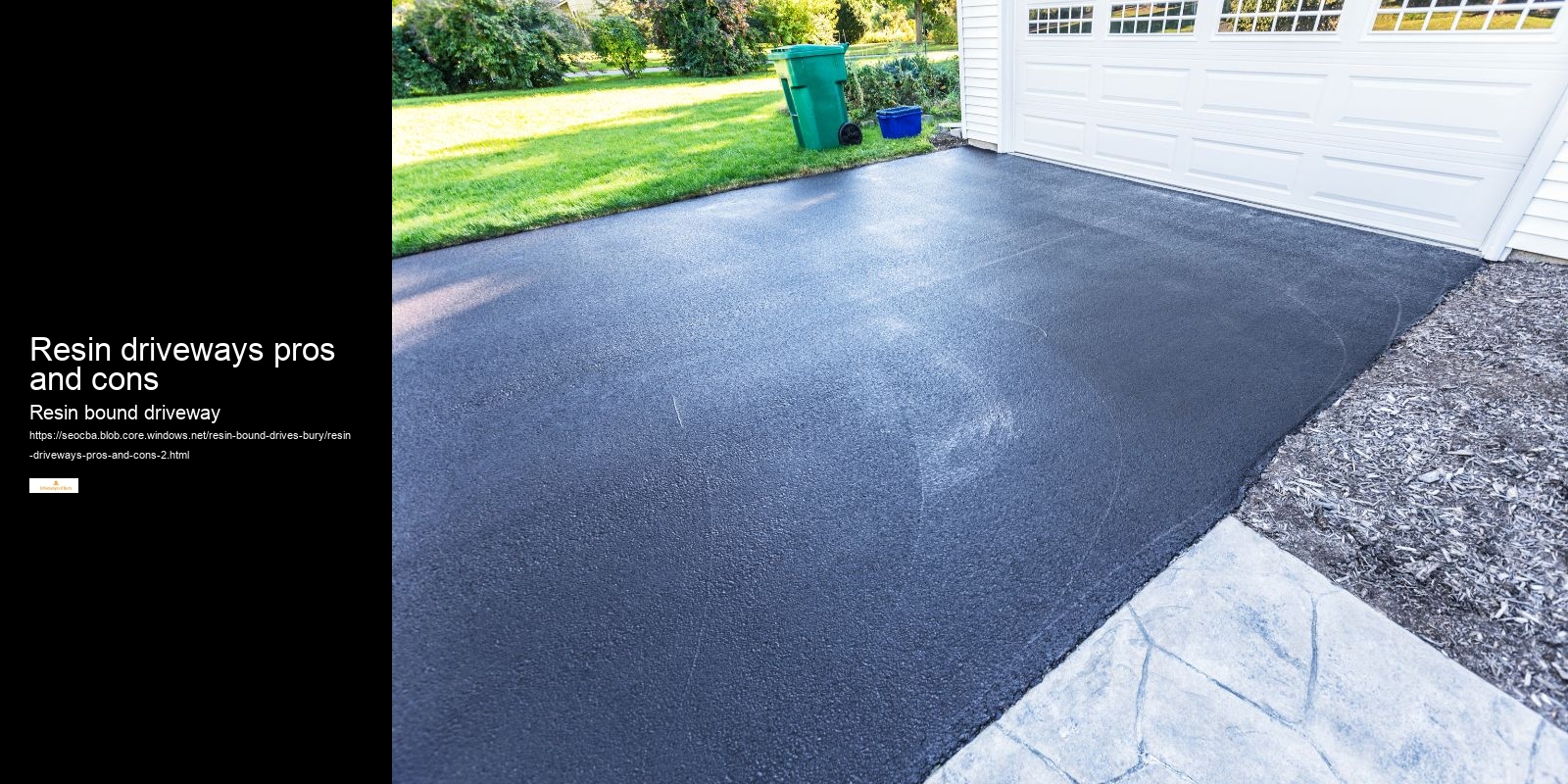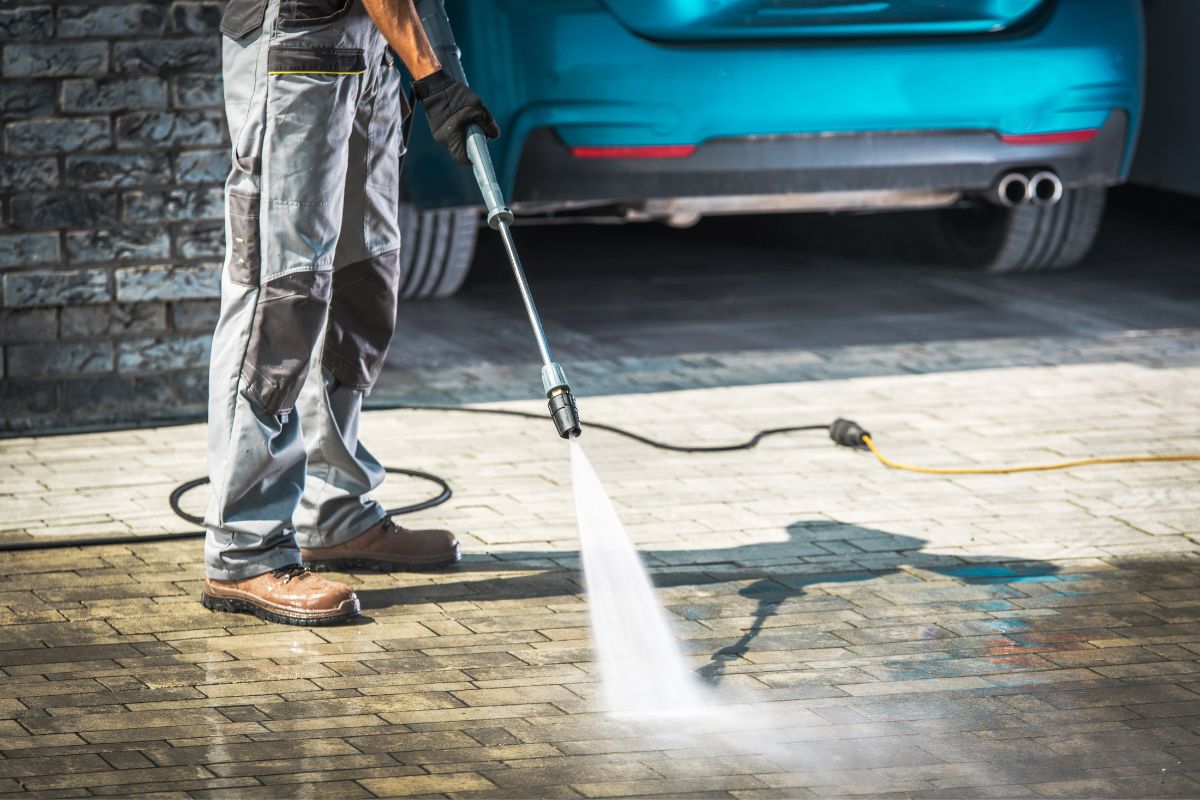How much does a resin driveway cost per m2?
Regular maintenance and cleaning can also help identify and address minor issues before they worsen. Consulting with a professional contractor or repair specialist will ensure that the necessary repairs are done correctly and the resin driveway is restored to its optimal condition.
However, it's important to consider several factors before deciding to proceed with a DIY resin driveway. Firstly, proper ground preparation is crucial to ensure a stable and durable base. This involves excavating and leveling the area, ensuring proper drainage, and compacting the base material.
Cracks in Resin Driveway:
Prepare the area: Clear the driveway area of any obstacles, debris, or vegetation. Ensure proper drainage by assessing the slope and making necessary adjustments. Excavate and level the ground to create a solid foundation.
Dark Grey Resin Driveway:


